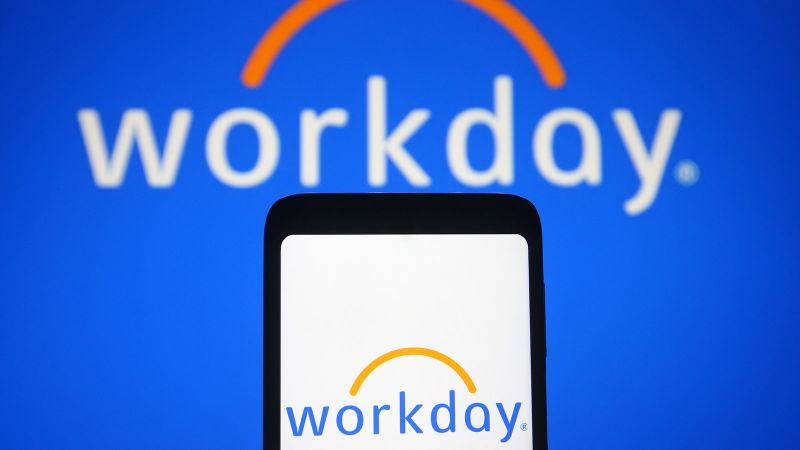In a significant development within the tech and labor markets, the well-known tech firm Workday is now embroiled in a collective action lawsuit accusing it of discriminatory practices through its job applicant screening technology. This legal challenge, prompted by an order from a California district judge, raises essential questions about the use of artificial intelligence (AI) and algorithms in hiring processes—a concern that is gaining increasing attention as more companies turn to these technologies for recruitment.
The lawsuit was spearheaded last year by a man named Derek Mobley, who claimed that Workday’s algorithms had unjustly led to the rejection of his job applications across various roles—exceeding 100 rejections over a span of seven years. Mobley alleges that these decisions were influenced by factors associated with his age, race, and disabilities. Joining him in the lawsuit are four additional plaintiffs who echo similar allegations of age discrimination. Collectively, these individuals, all over 40 years of age, assert that they submitted numerous applications through Workday and were consistently denied employment—often receiving rejection notifications within mere minutes or hours of their submissions.
In a preliminary ruling issued by Judge Rita Lin, the lawsuit is now authorized to proceed as a collective action. This classification allows other affected individuals to join the lawsuit more easily, creating the potential for a broader impact and further emphasizing the sorts of discriminatory practices that may exist within algorithmic hiring technologies.
The increasing reliance on AI tools for managing vast numbers of job applications has drawn mixed responses. While such technology can streamline recruitment processes for human resources professionals, experts have raised concerns about the inherent biases that may be present in these systems. Significant risks loom as AI tools may determine which candidates are “most qualified” without fully understanding the nuanced qualities of each applicant. These biases can inadvertently favor certain demographics—such as age, gender, or race—thus perpetuating discrimination.
The American Civil Liberties Union (ACLU) has been vocal in highlighting the dangers these AI hiring tools represent, warning that they can worsen existing inequities in the workplace. A notable case from 2018 involved Amazon, which was forced to abandon a job-ranking tool after discovering that it favored male applicants over female applicants. This history underscores the significance of the ongoing lawsuit against Workday, as the outcome could establish crucial legal precedents around algorithmic discrimination.
Despite the gravity of the allegations, Workday maintains that its technology is not discriminatory. A spokesperson for the company labeled the judge’s Friday order a procedural ruling based on unproven allegations rather than concrete evidence. The spokesperson expressed confidence that as the case develops and Workday has the opportunity to present its facts, the plaintiff’s claims will be dismissed.
Workday services over 11,000 organizations worldwide, providing an essential platform for job postings, candidate recruitment, and the overall management of hiring processes. It also offers a feature called “HiredScore AI,” which is marketed as utilizing “responsible AI” to evaluate candidates efficiently.
The specifics of the allegations are detailed in court documents, wherein Mobley recounts systematic rejection from job applications despite his qualifications, including graduating cum laude from Morehouse College and possessing a decade of experience in various professional roles. Other plaintiffs, such as Jill Hughes, share stories of receiving automated rejections often without any thorough review of their qualifications, reinforcing the belief that human oversight in the hiring process has been substantially diminished.
The broader implications of the lawsuit hinge on the assertion that algorithmic decision-making can replicate and exacerbate historical biases against marginalized groups. The complaint highlights that AI systems often depend on training data drawn from existing employee demographics, raising the possibility that companies inadvertently perpetuate a cycle of exclusion.
As this lawsuit unfolds, it not only challenges Workday’s hiring practices but also raises critical questions about the ethical use of AI in recruitment. The plaintiffs are seeking monetary damages alongside a court order that mandates a revision of Workday’s hiring practices. The case underscores an urgent need for more transparency and accountability in the implementation of AI technologies, driving attention to the importance of inclusivity in hiring processes for all candidates.



